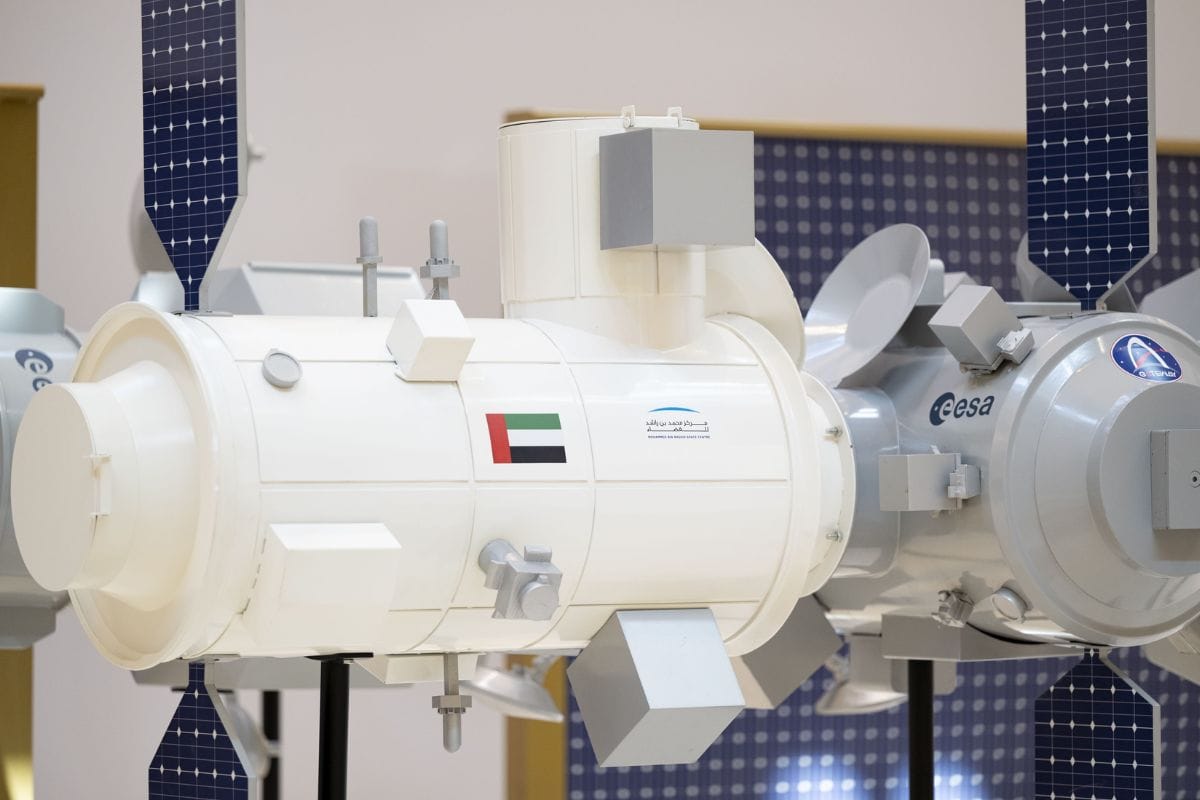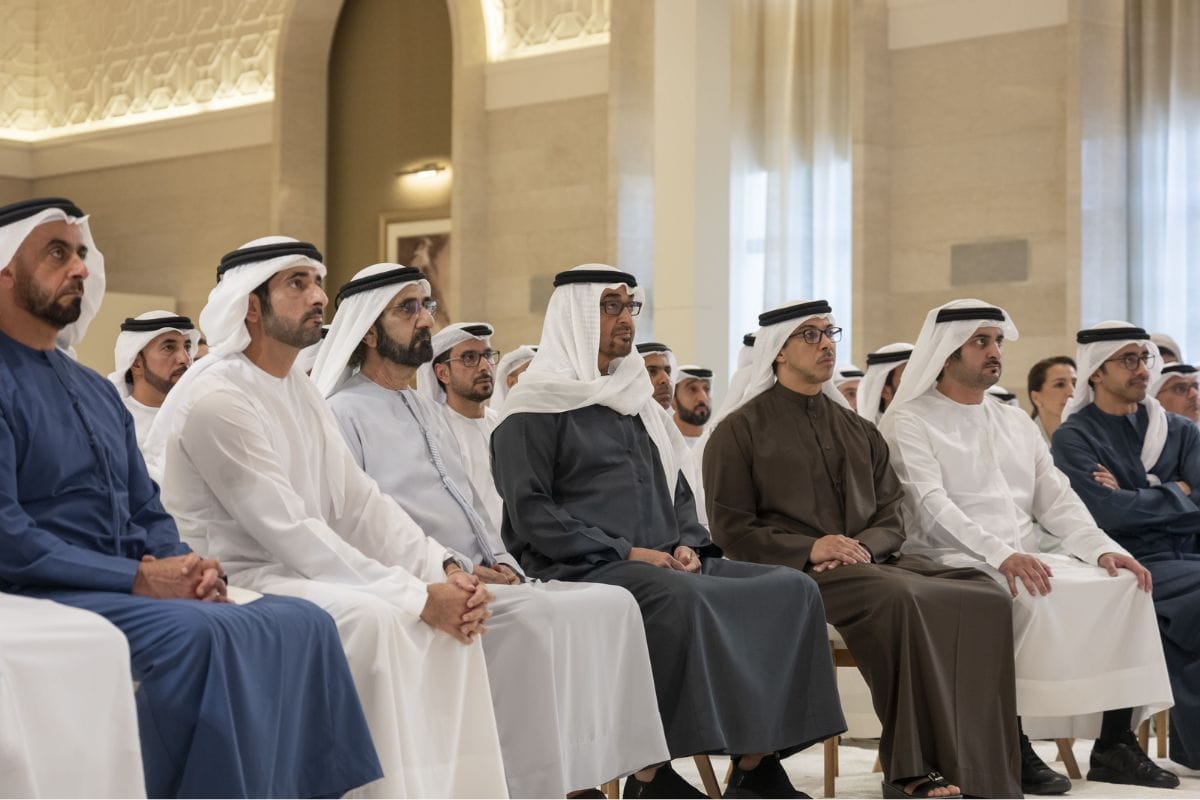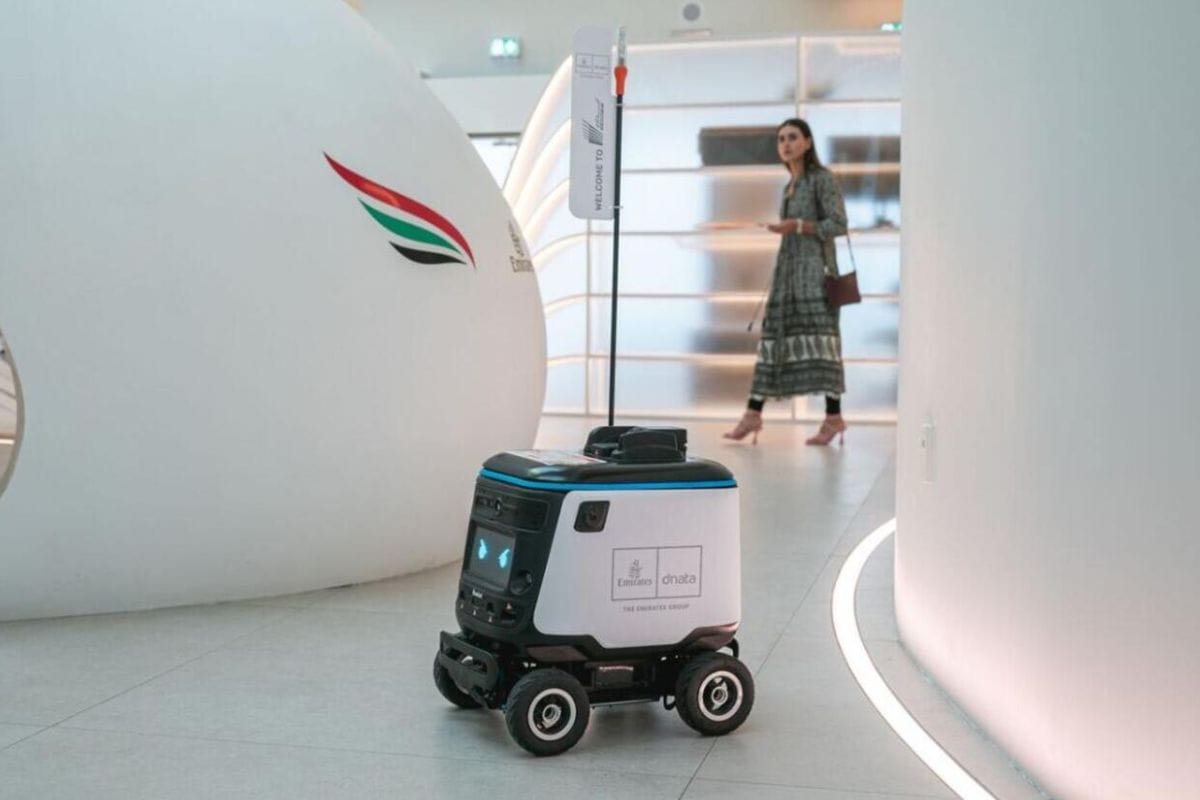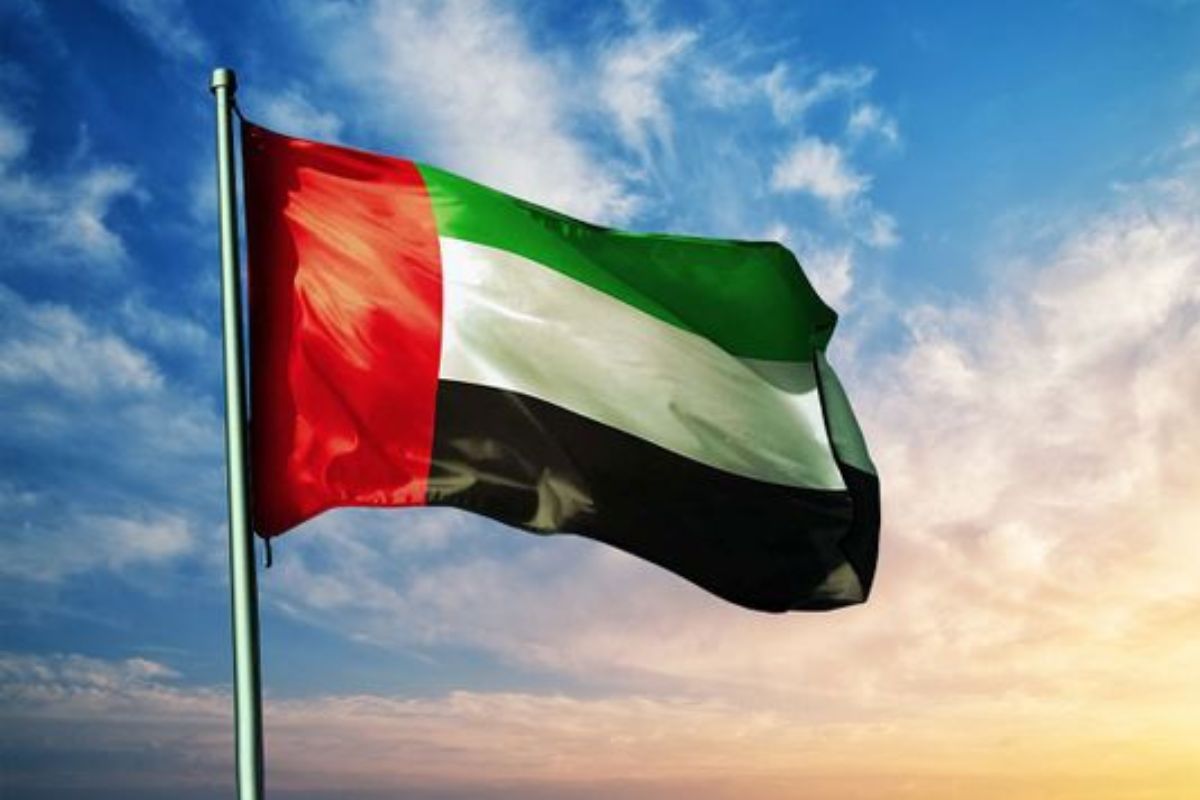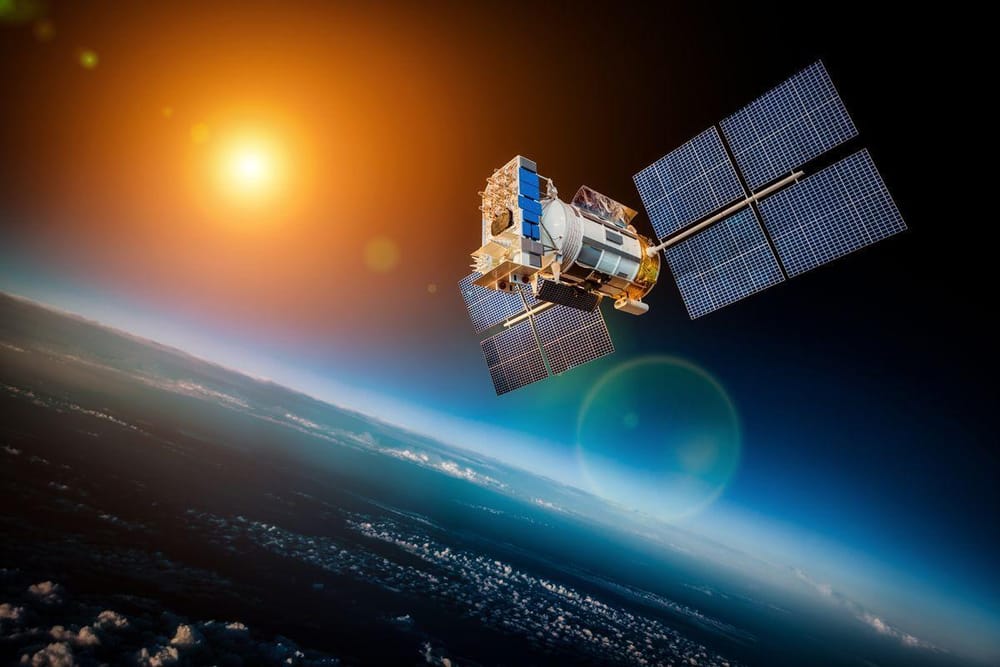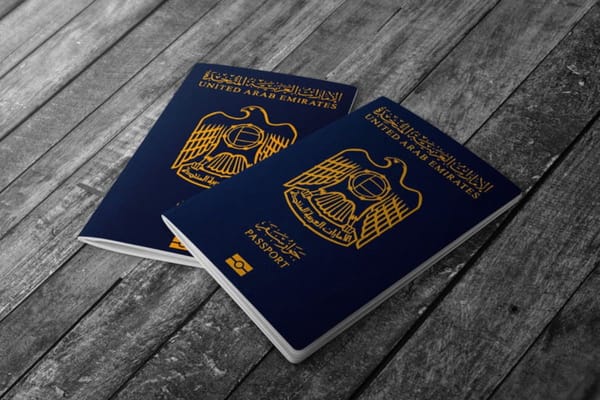The recent years have witnessed the UAE rewriting the script of Arab space exploration. With a blend of ambition and innovation, the country has catapulted itself into the celestial spotlight. Achieving remarkable milestones in the space sector, UAE has defined itself as a nation that has not only gazed at the stars but has reached out to touch them.
From ambitious projects to groundbreaking achievements, the UAE's space endeavors have showcased the nation's commitment to pushing the boundaries of human knowledge and technology. Several centers and entities were established to foster the research and development of space sciences. Mohammed Bin Rashid Space Centre, earlier known as the Emirates Institution for Advanced Science & Technology, was established in 2006 and is popular for many space satellite projects like the Emirates Mars Mission. In 2014, the UAE established the UAE Space Agency (UAESA) under Federal Law by Decree No. 1 of 2014 to organize, supervise, and manage the nation's space sector as well as support its contribution to the national economy.
Curious about how much this Arab country has accomplished so far? Here are the major milestones etched in the UAE’s space odyssey.
2000
ThurayaSATs
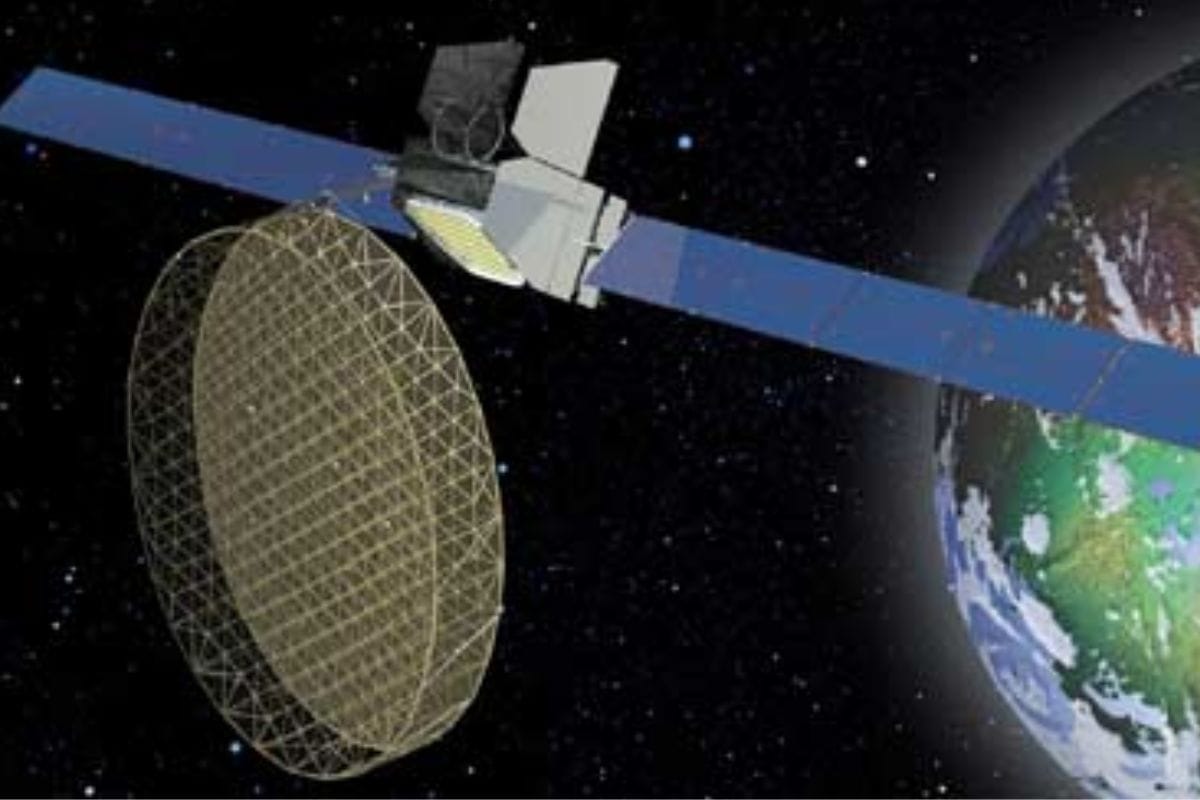
UAE’s foray into space was marked by the launch of Thuraya-1 on October 21, 2000. It also became the first geostationary satellite owned and operated by an Arab country. Serving as a communications satellite, it played a crucial role in enhancing telecommunication services to over 250,000 customers across the Middle East, North Africa, Europe, and parts of Asia.
In 2003, Thuraya-2 was launched to expand the coverage followed by the launch of Thuraya-3 in 2008. Thuraya-3 is similar to Thuraya-2 but placed in a different orbit. Thuraya-4 is scheduled to be launched in 2024 and will become operational in the first half of 2025.
2009
DubaiSATs
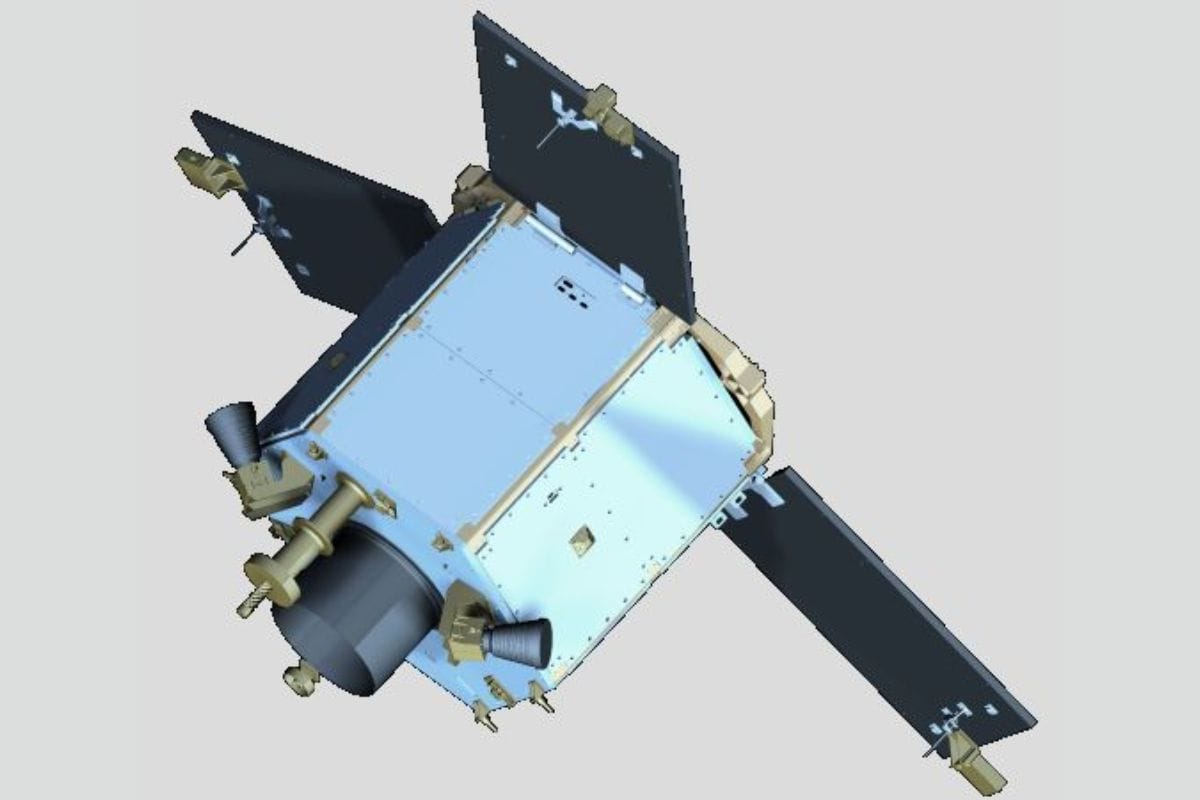
DubaiSAT-1 was launched on July 29, 2009, marking UAE's entry into the realm of Earth observation satellites. Developed by the Emirates Institution for Advanced Science and Technology, now MBRSC, DubaiSAT-1 is a remote-sensing Earth observation satellite. This project is missioned to provide high-resolution satellite imagery for a range of applications, including urban planning, infrastructure development, environmental monitoring, and disaster management. DubaiSAT-1 completed its mission in 2013 and has paved the way for subsequent Earth observation satellites like DubaiSat-2.
DubaiSAT-2 was launched on November 21, 2013. The mission of this project was to deliver high-res electro-optical images for international scientific, sustainable planning, and disaster relief purposes and remote sensing.
2011
Al Yah Satellites
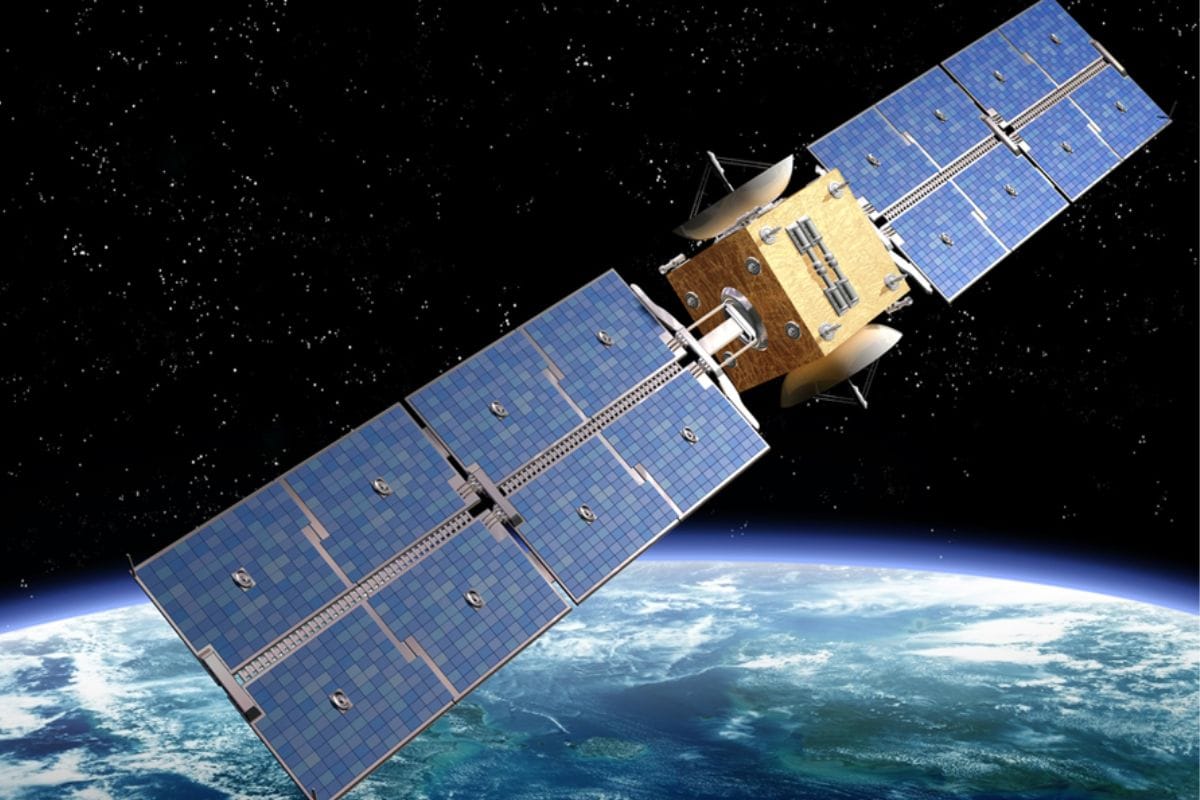
Al Yah Satellite Communications Company (Yahsat) is a public company listed on the Abu Dhabi Securities Exchange and operates as a subsidiary of Mubadala Investment Company. In 2011, Yahsat launched its first satellite Al Yah 1. It was designed to offer Ka-band for government applications and Yahlive services. Al Yah 1 broadcasts high-quality free-to-air TV channels. The years 2012 and 2018 witnessed the launch of subsequent satellites, Al Yah 2, and Al Yah 3.
2014
Establishment of the UAE Space Agency
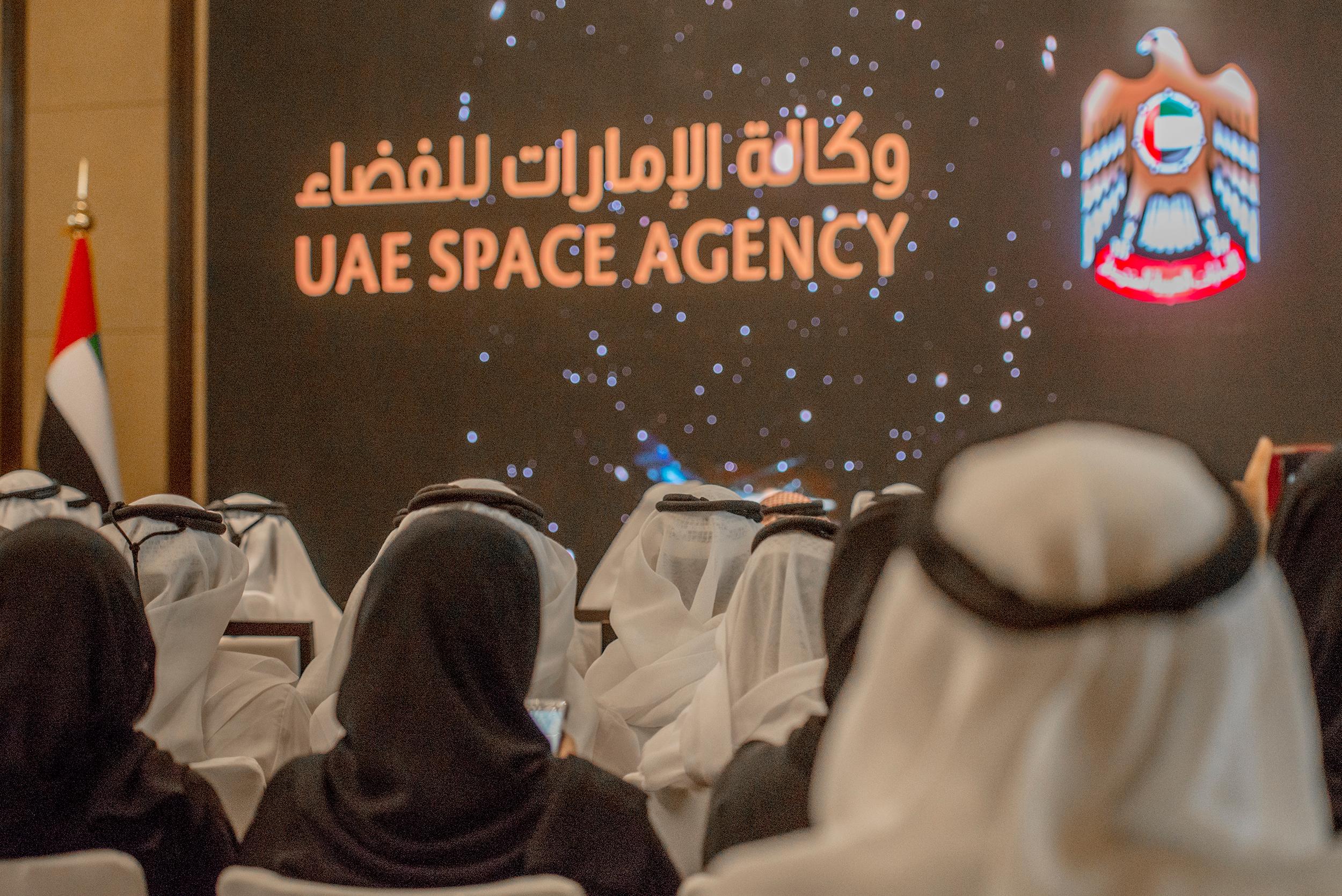
Under the Federal Law by Decree No. 1 of 2014, the United Arab Emirates Space Agency was established in 2014. This establishment reflected the nation's commitment to advancing space exploration and technology. The agency plays a central role in promoting the peaceful application of space research, enhancing national capabilities, and contributing to the country's economic growth.
2015
National Space Science and Technology Center
The National Space Science and Technology Center (NSSTC) has been collaboratively established by the UAE University (UAEU), the UAE Space Agency, and the Telecommunications and Digital Government Regulatory Authority (ICT-Fund). The center's key priorities revolve around achieving excellence in space science, assuming a leadership role in space technology, and providing innovative solutions to address social challenges.
2016
National Space Policy
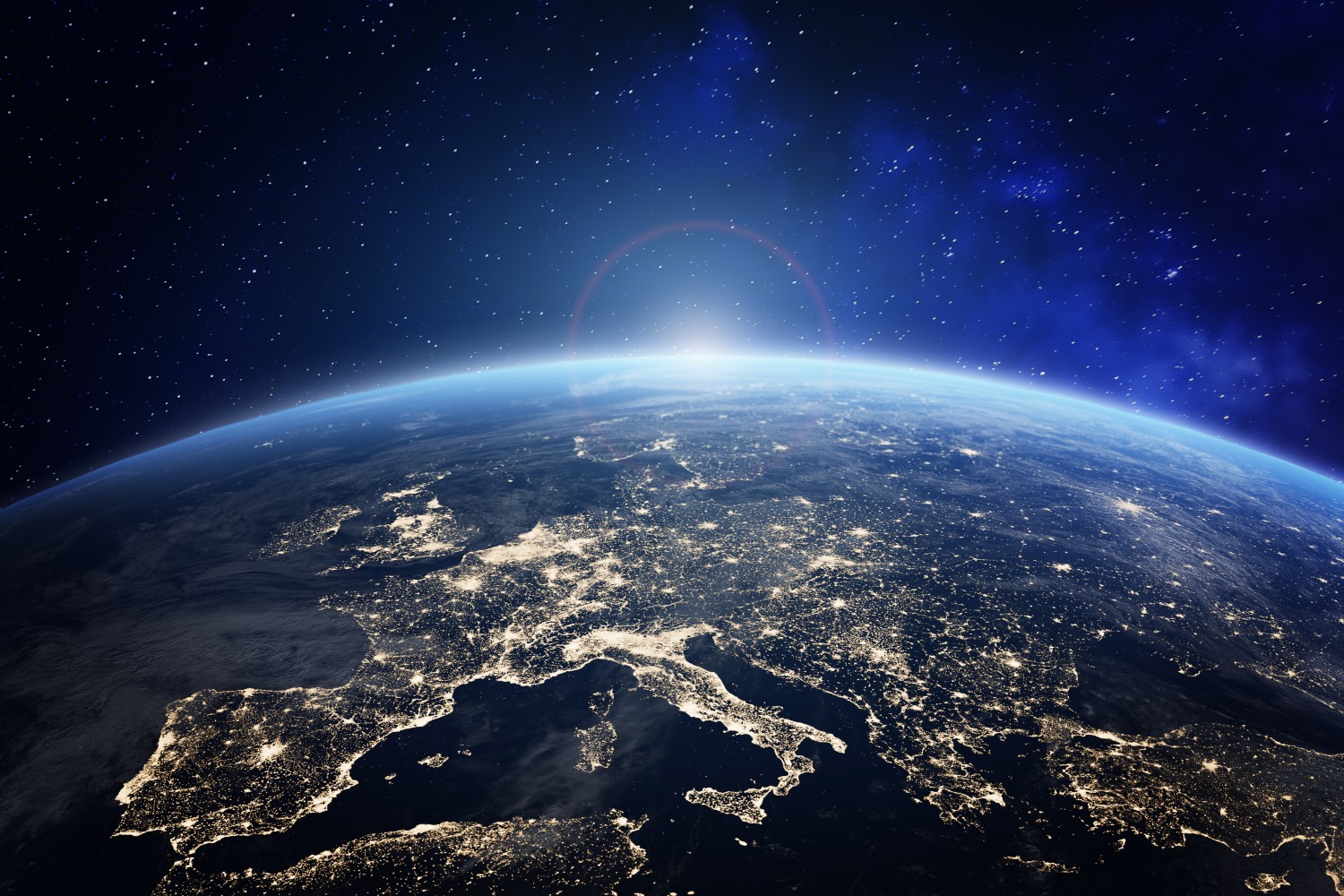
In 2016, the UAE National Space Policy was announced to emphasize the country's commitment to developing a robust and sustainable space program. The policy aims to establish a resilient and sustainable space sector that safeguards national interests and essential industries. The goals and ambitions of the National Space Policy are:
- Expand the utilization of space to protect and support vital sectors.
- Develop a sustainable, competitive, and innovative commercial space industry.
- Conduct scientific space missions.
- Promote a safe and stable space environment that supports sustainable space activities.
- Establish and expand UAE’s leadership in space regionally and internationally.
2017
UAE Astronaut Program
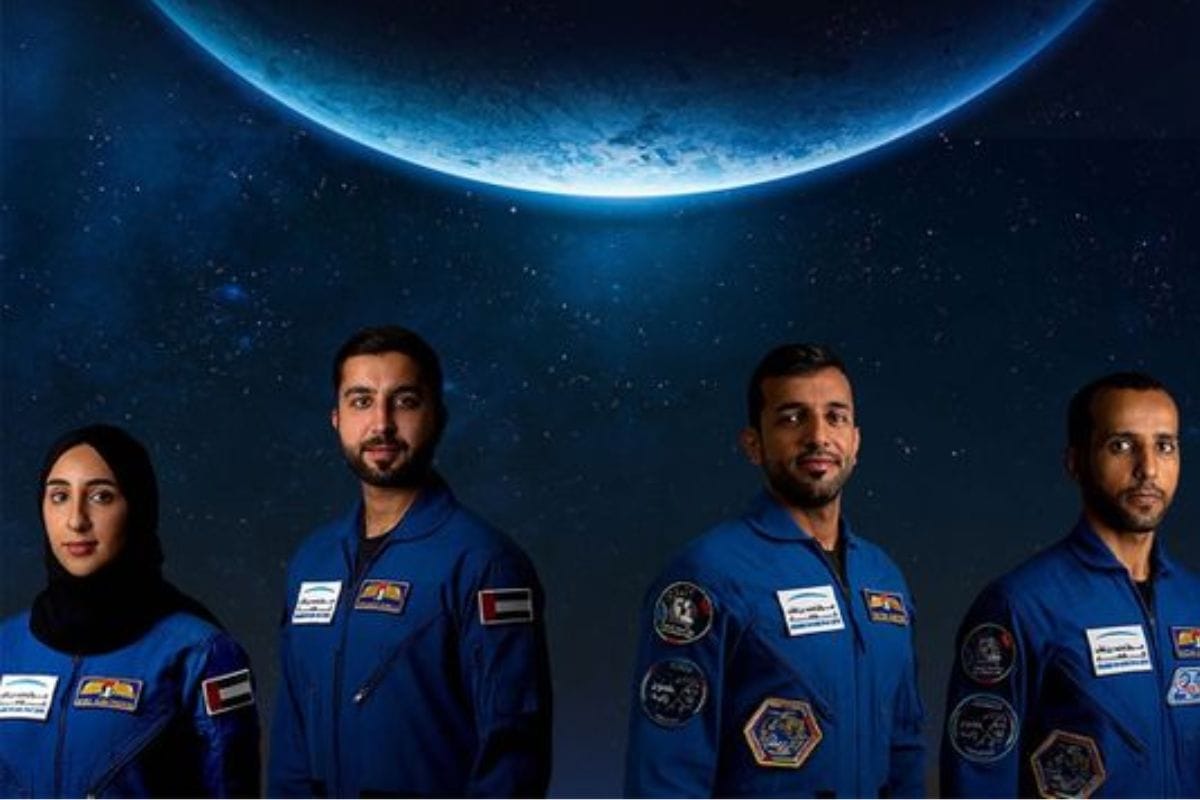
The UAE Astronaut Program is a pioneering initiative aimed at developing a national team of astronauts capable of participating in scientific and manned space exploration missions. The objectives focus on supporting knowledge and scientific research, fostering a corps of Emirati astronauts, inspiring STEM education, and bolstering the UAE's international standing in the space sector. It also serves as a flagship project under the UAE’s National Space Programme. The program has produced four proud UAE astronauts; Hazza Al Mansoori, Sultan Al Neyadi, Nora Al Matrooshi, and Mohammed Al Mulla.
Mars 2117 Program

Mars 2117 is a visionary project by the UAE aiming to turn the universal dream of establishing a sustainable colony on Mars into reality within the next 100 years. Under the guidance of Sheikh Mohammed bin Rashid Al Maktoum, the project is led by the Mohammed bin Rashid Space Centre (MBRSC) in collaboration with international space institutions. His Highness says,
“Mars 2117 is a seed we are sowing today for the next generation to reap its benefits in advancing science and human knowledge.”
2018
KhalifaSat
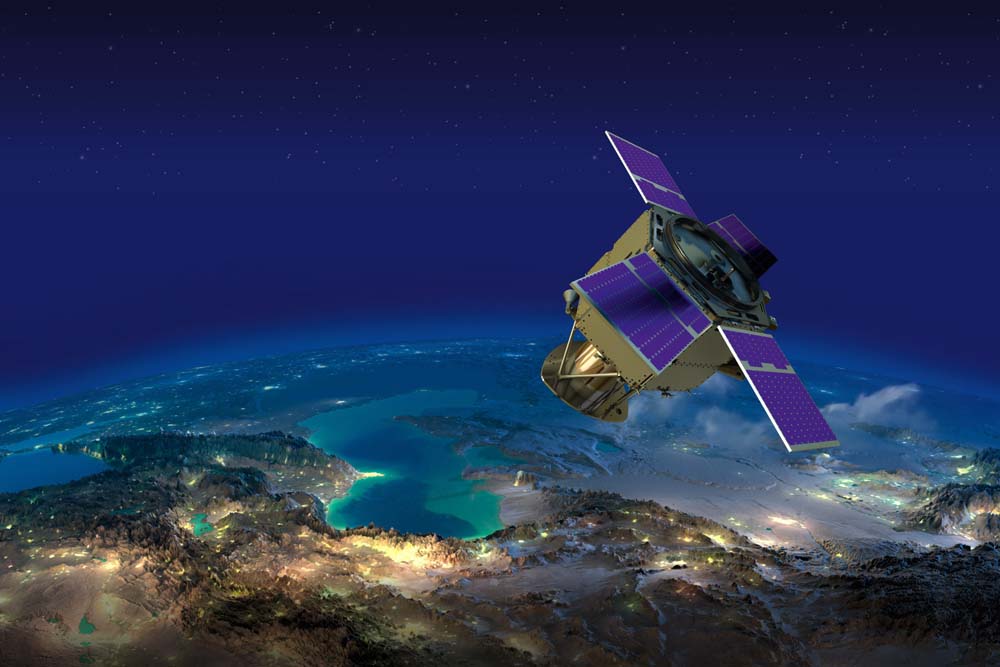
On October 29, 2018, KhalifaSat was launched becoming the first satellite that was 100 percent designed and manufactured in the UAE. It stands out as one of the world's most technologically advanced remote sensing observation satellites. KhalifaSat is on a 5-year mission to capture and transmit high-quality detailed images of the planet to the Mohammed bin Rashid Space Centre (MBRSC) in Dubai. Equipped with five patents, KhalifaSat plays a crucial role in global efforts, assisting governments and private organizations in monitoring environmental changes, effective urban management, and disaster relief initiatives.
2019
UAE Space Law
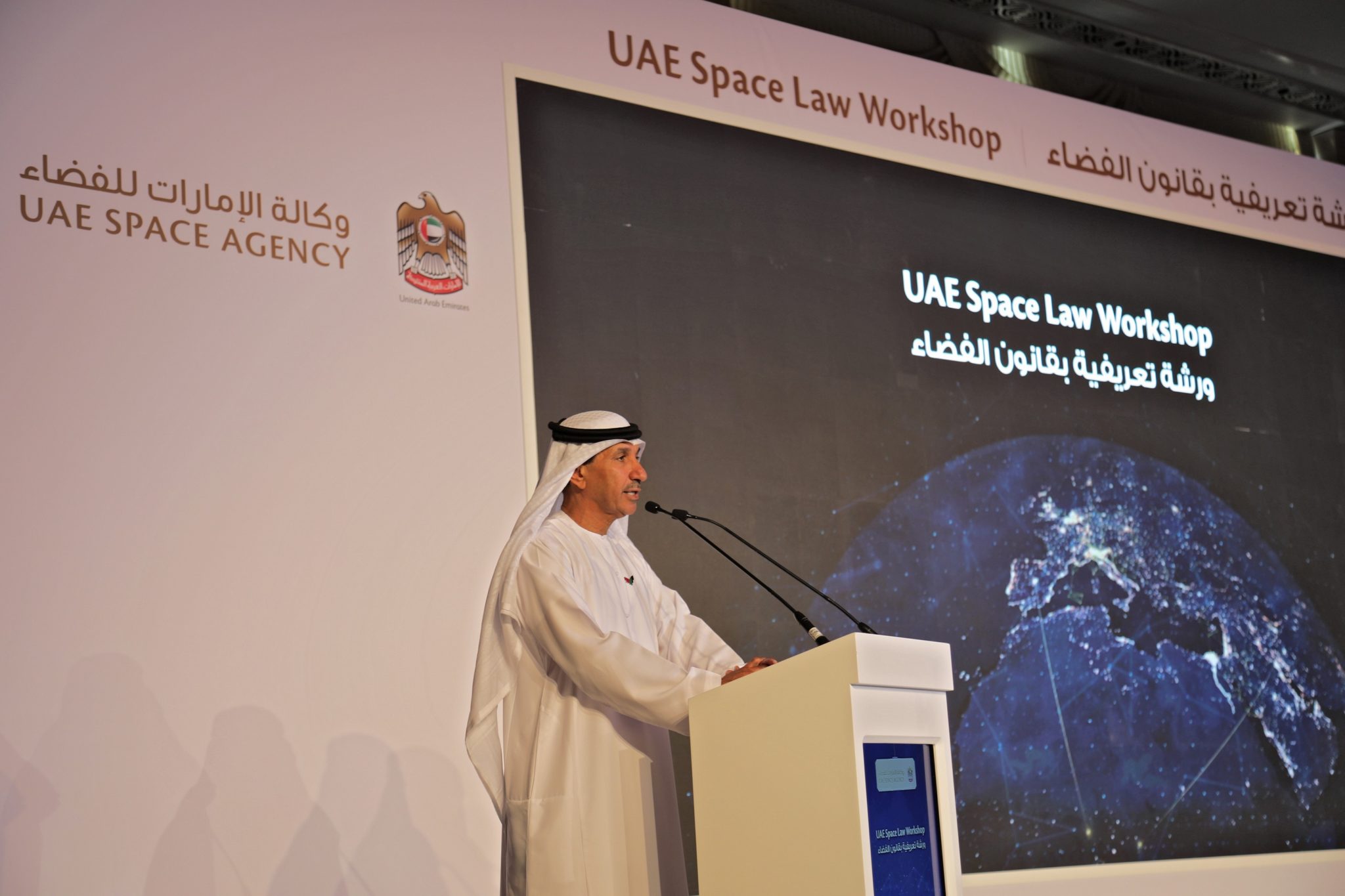
The UAE Space Agency established the UAE Space Law, a regulatory framework aligned with the objectives of the National Space Policy. The law focuses on stimulating investment, promoting private sector involvement, ensuring safety, security, and environmental measures in space activities, and adhering to international conventions on outer space. Article 4 of the law specifically outlines the regulation of space activities like the launch, re-entry, removal, or disposal of space objects, satellite communication operations, logistical support services in outer space, management of space data activities, and the collection or trade of meteorites falling within the UAE.
UAE National Space Strategy 2030
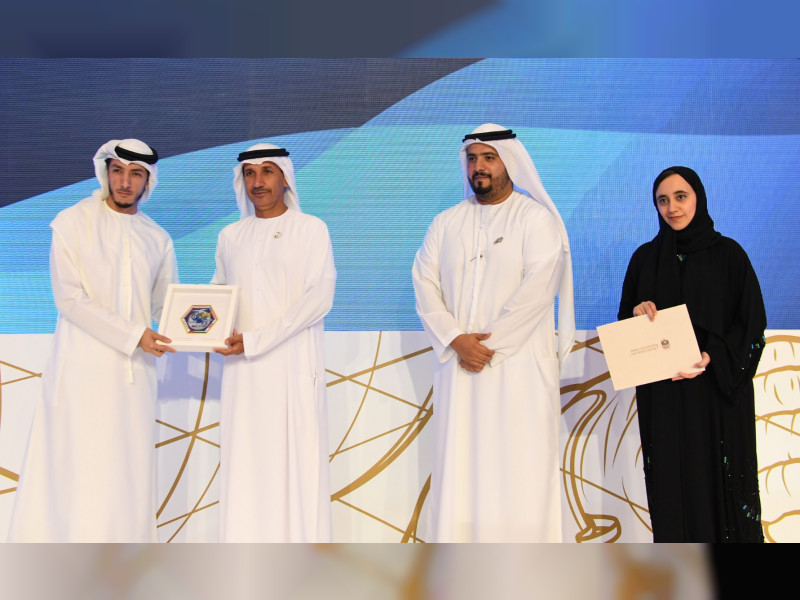
In March 2019, the UAE Government launched the National Space Strategy 2030. It outlines a roadmap for the country's space industry, covering government, commercial, and scientific activities led by public and private entities, academic institutions, and research centers until 2030. With a focus on space exploration, technologies, and applications, the strategy comprises 6 objectives, 21 programs, and 79 initiatives, benefitting over 85 entities in the UAE.
First Emirati Astronaut to International Space Station
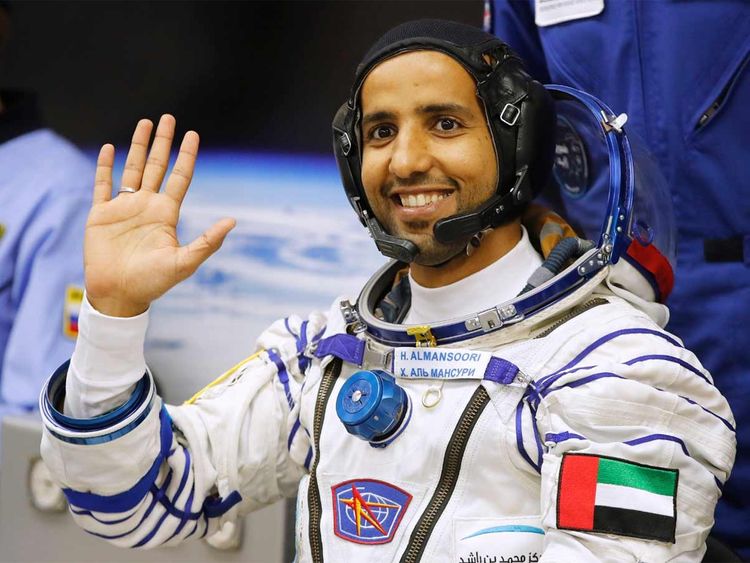
On September 25, 2019, Hazzaa AlMansoori embarked on the UAE's first scientific mission to the International Space Station (ISS). The mission was carried under the slogan ‘Zayed’s Ambition’. With this mission, UAE became the 19th country worldwide and the first country in the Arab world to go to the International Space Station. Despite other Arab astronauts reaching ISS before him, Hazzaa AlMansoori became the first Arab to be appointed to the key role of increment lead for an International Space Station expedition.
2020
Emirates Mars Mission

The Emirates Mars Mission (EMM), also known as the Hope Mars Mission, is the UAE’s first journey to Mars. Launched in July 2020, the EMM made history on February 9, 2021, as the ‘Hope Probe’ successfully entered Mars' orbit on its first attempt. This achievement positions the UAE as the first Arab nation and the fifth country globally to reach Mars. The hexagonal spacecraft, funded by the UAE Space Agency since 2014, will not land on Mars but will orbit the planet, capturing crucial data about climate, hydrogen and oxygen reactions, dust storms, temperature changes, and atmospheric interactions with the topography.
2023
Longest Arab Space Mission
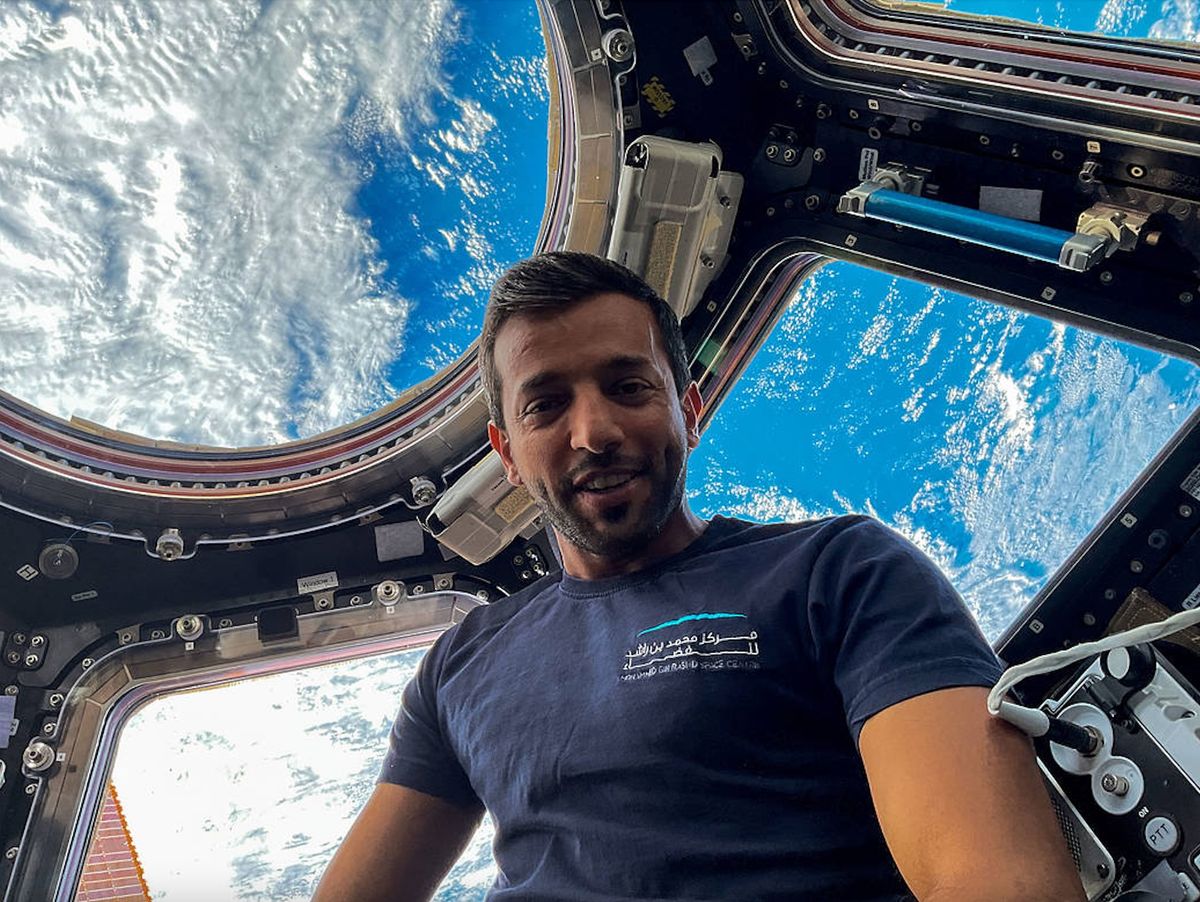
On March 3, 2023, the longest space mission in Arab history was launched carrying Emirati astronaut Sultan Al Neyadi. The mission had a duration of six months during which Sultan Al Neyadi conducted over 200 advanced research experiments. The experiments covered a range of topics including the cardiovascular system, back pain, protein crystallization growth, epigenetics, immune system, fluid dynamics, plant biology, human life sciences, material science, sleep analysis and radiation, and advanced exploration technologies. He also became the first Arab astronaut to complete a spacewalk mission outside the ISS.
As the nation sets its sights on future missions and developments, the world eagerly awaits the next chapter in the UAE's extraordinary space history.
Also Read:
